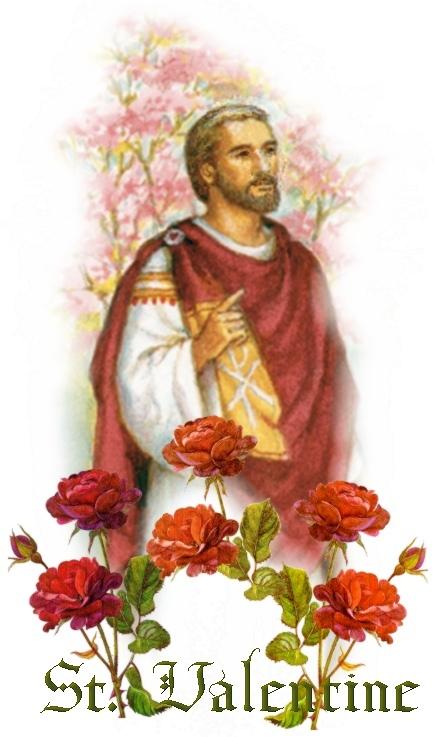Where Did Valentine’s Day Really Come From?
Summer Kaeppel shares how Valentine’s Day wasn’t always about chocolate and Hallmark cards.
Chocolates, roses, ridiculously over sized teddy bears, and heart-shaped balloons are just some of the things we associate with Valentine’s Day. While many of us celebrate (or dread) this holiday, not many know its origins.
There are lots of stories and legends about how this holiday came about, but the fact is that it’s certainly not a modern holiday created by card companies. While how we celebrate the day may have progressed through time, the holiday is truly ancient, dating back thousands of years.
There are several stories, all slightly different than the other, but they all agree on the existence of a saint named Valentine. The most well known and believed to be most accurate story is that during the time of the Romans, it was discouraged to be both married and a soldier. It was believed that you were a significantly weaker soldier if you were married. The Roman emperor Claudias heavily enforced this law. This law did not faze St. Valentine; he continued to marry soldiers in secret for the sake of love. Of course, he was eventually found out and his secret services came to an end. The emperor did not take this lightly, and sentenced St. Valentine to jail as well as a three-part brutal execution process later in his sentence. Before his execution, St. Valentine supposedly wrote a note to the emperor’s daughter, and signed it, “From your Valentine.” This would answer the question of why people refer to each other as “valentines.”
There are a couple reasons as to why we celebrate Valentine’s Day on February 14th. Even before St. Valentine began marrying people in secret, there was a Roman festival called Lupercalia, a fertility celebration, which was annually celebrated on February 14th. The purpose of the festival was to get rid of any evil spirits that may have been around the city, and in return the people of the city would gain health and fertility. However, after the execution of St. Valentine, Pope Gelasius declared February 14th to be St. Valentine’s Day where health, fertility, and love were combined into one celebration. The holiday got progressively more romanticized centuries later as authors like Shakespeare romanticized it through writing and plays. Another legend is simply that we call it Valentine’s Day because that is the day of St. Valentine’s death.
So whether you’re eating the chocolate your Valentine gave you, or the chocolate you bought yourself, make sure to keep St. Valentine in mind this year.













